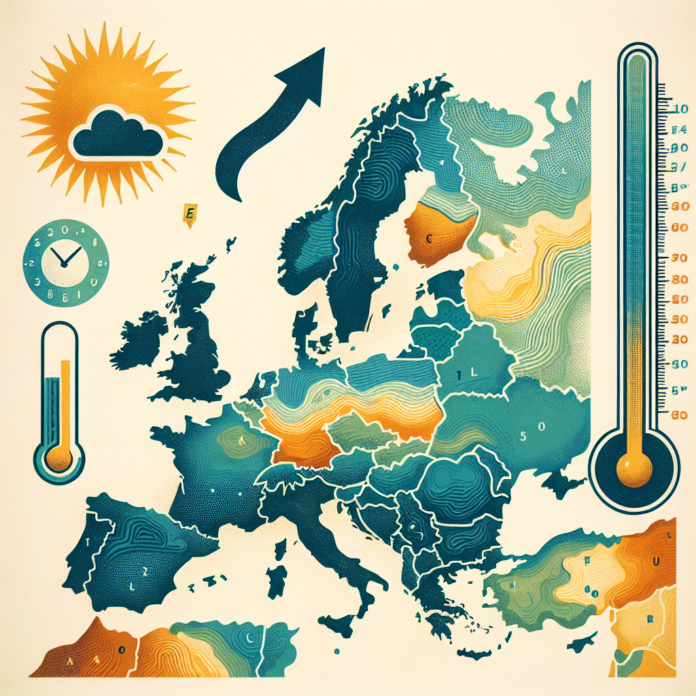Europe’s Rising Heat Mortality Threat
Europe Faces Increased Heat Mortality in Coming Decades
The prospect of rising temperatures in Europe poses a significant threat to public health, particularly concerning heat-related mortality. As climate change accelerates, experts predict that heatwaves will become more frequent and intense, leading to a concerning rise in death rates linked to extreme heat.
A recent report highlights that vulnerable populations, including the elderly, those with pre-existing health conditions, and individuals living in urban areas, are at the highest risk. These groups often lack access to adequate cooling resources and may be less able to respond effectively to heatwaves.
The effects of climate change on health are multifaceted. Alongside increased mortality rates, heat exposure can exacerbate existing medical conditions, impair mental health, and strain healthcare systems. Heat stress can lead to cardiovascular and respiratory problems and may increase the incidence of heatstroke, dehydration, and other heat-related illnesses.
Urbanization and Heat Islands
Urbanization significantly contributes to the heat problem. Cities tend to create “urban heat islands,” areas that are significantly warmer than their rural surroundings due to human activities, infrastructure, and vegetation loss. This effect can exacerbate heat-related health risks, especially for those living in densely populated urban centers.
In response to these challenges, public health officials and urban planners are being urged to implement strategies that mitigate heat-related risks. This includes enhancing green spaces, improving housing conditions, and developing heat action plans that focus on protecting vulnerable populations during extreme weather events.
Policy Responses and Preparedness
To combat the looming threat of heat mortality, European governments must prioritize climate adaptation strategies. This includes investing in public health infrastructure, promoting awareness campaigns about the dangers of extreme heat, and ensuring that emergency services are prepared for heat-related health crises.
Moreover, international cooperation is essential. Climate change is a global issue, and its impacts cross national boundaries. By sharing best practices and research, countries can better prepare for and mitigate the effects of rising temperatures.
Looking Ahead
As Europe prepares to face the challenges posed by a warming climate, it is crucial to recognize that the health impacts of heat are not just a future issue but a current one. With effective planning and a focus on vulnerable populations, it is possible to reduce the anticipated rise in heat-related mortality.
In conclusion, proactive measures, public awareness, and international collaboration are vital to safeguarding public health as Europe faces an increasingly hot future. By addressing the immediate needs of at-risk communities and making long-term investments in climate resilience, Europe can mitigate the impacts of extreme heat and protect its population from the dire consequences of climate change.


